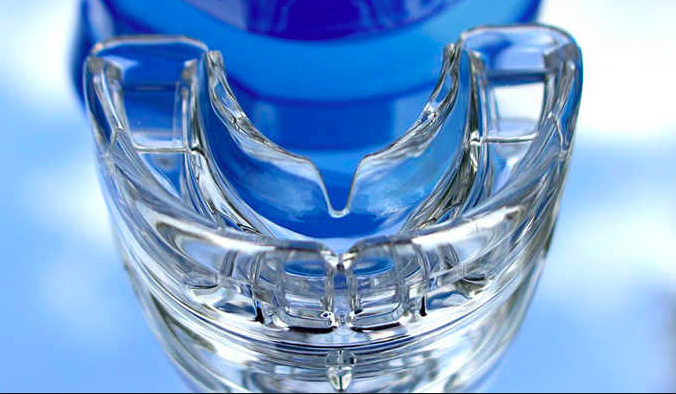Coping with PTSD from Accidents or Injuries

Going Pain-Free With Bowen Therapy
April 3, 2017
Therapeutic Wellness for Seniors – A Daily Approach
April 12, 2017An accident (such as a car accident) can be very traumatic – in more ways than you might think. A serious accident can cause death, property damage, serious physical injuries, costly repair bills, and other “surface” impacts. But there are issues and effects on victims that for years weren’t well understood because they aren’t visible injuries on the outside.
These impacts, including emotional distress, anxiety, depression and more could be from the experience of the accident itself, as well as the injuries that occur afterwards.
It’s called post traumatic stress disorder (PTSD). And, although it is more commonly associated with soldiers and their experiences in wartime, it has a very severe impact on a victim’s mental health from an auto accident as well. In fact, research has shown that auto accidents are the most traumatic event experience by most men (25%) and by second most frequent for women (13%). Overall, in any given year about six million accidents occur, affecting about 1% of the U.S. population. These accidents cause more than 3 million injuries.
Not everyone involved in an auto accident will develop PTSD from accidents resulting in injury. But many, about 9%, will.
And that is why coping with PTSD from auto accidents or injuries effectively is important in lessening the impact on mental health and general sense of well-being is vital in helping the victim lead a normal life… or as close to as they can get.
PTSD from an auto accident can manifest itself in many ways. Here are some warning signs to recognize in yourself or others. Go over this checklist thoroughly. Recognizing you have an issue with PTSD is the first step to overcoming this often-debilitating condition.
- Fear of riding in vehicles or driving
- Disbelief that the accident happened
- Anger
- Nightmares
- Nervousness
- Worry
- Fear or sense of uneasiness
- Guilt
- Anxiety
- Stress
In addition, the accident might always be on your mind – you constantly re-live the experience. With PTSD, these feelings and emotions don’t lessen or go away.
A major risk factor for developing PTSD after an auto accident include a pre-accident mental health issue (depression, for example), poor social and family support, and issues coping with previous traumatic events.
Another risk factor for PTSD is the level of severity of the injuries sustained by the victims of the auto accident, as well as how close to the death the survivors came. And if the victim of PTSD lost loved ones… that can be serious predictor of developing the disorder. Basically, the more serious injuries and the closer to the death the victim came, the more likely they develop PTSD.
Post-accident elements also play a factor in the development of PTSD. These variables include the rate of physical recovery from injuries. If there is chronic pain or disability associated with the injuries the chance of developing PTSD is increased.
The support the victim receives from friends and family, known as social support, is also important in helping the victim to start coping with PTSD from auto accidents or injuries. The “re-engagement” with work and social activities is key in this respect too. In fact, one recommended way to actively be coping with PTSD from auto accidents or injuries is to stay active with as much of the victim’s pre-accident activities like work as much as possible. Support from family and friends is necessary here in many cases.
A serious auto accident is well, traumatic. There may have loss of life, severe injuries, and other major issues. But there is help available. This doesn’t have to be a life sentence.
Here are some ways you can try coping with PTSD from auto accidents or injuries:
- Talk to friends and loved ones and tell them how you feel.
- Then, go to your primary care physician and explain your issues. But don’t stop here.
- Next, go to a mental health professional, like a psychologist or therapist. They are better trained to recognize and treat PTSD. If you don’t seek this treatment, the consequences could be dire. Those who don’t will continue to have symptoms for six months or more.
Some of the possible mental health treatments to help someone start coping with PTSD from auto accidents or injuries include behavior therapy, cognitive therapy, and medication.
All of these methods have been proven effective in treating PTSD. But every person’s case is different. It’s important to work closely with a mental health professional to plan out your individualized treatment plan.
For victim’s with chronic pain, treatment for the physical pain is also an important part of the treatment plan. You should try to stay as physically active as possible and get back to your regular routine.
If you’ve never been in an auto accident, you may not recognize the potential for accident victims to develop post traumatic stress disorder from the accident itself or their injuries. But it’s a very real condition that needs comprehensive treatment to help victims start coping from PTSD from auto accidents or injuries.


